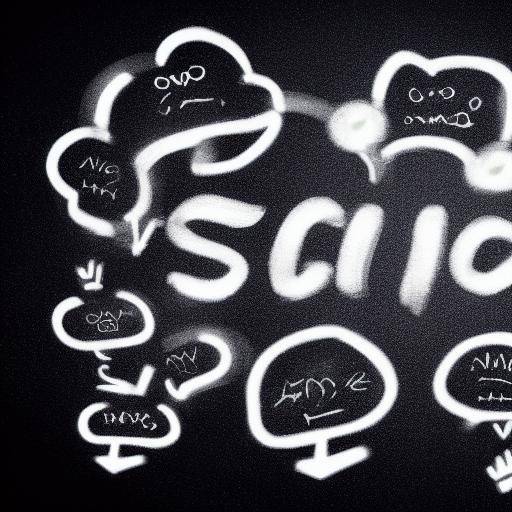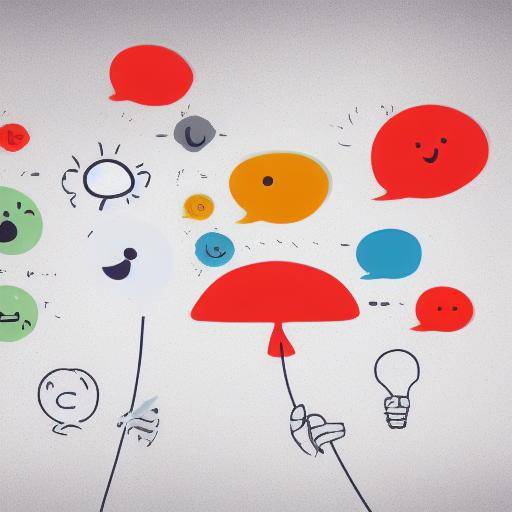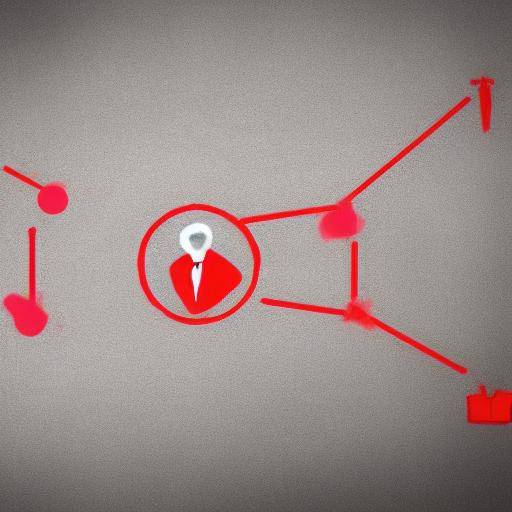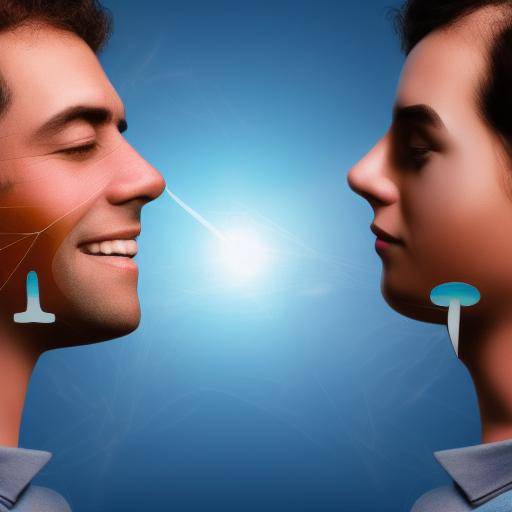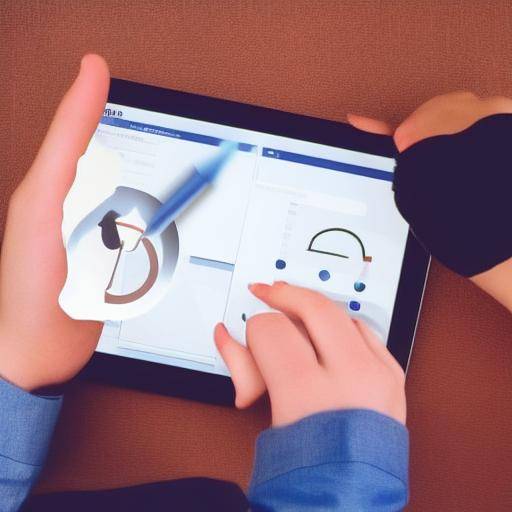
Empathy is a fundamental ability that significantly influences the development of emotional intelligence and the quality of our personal relationships. Understanding the impact of empathy on these aspects is crucial to cultivating greater emotional understanding, strengthening the connection with others and fostering healthier and more satisfactory relationships. In this article, we will explore in depth the importance of empathy, its relationship with emotional intelligence and its impact on personal relationships.
Introduction
Empathy, defined as the ability to understand and share the feelings of others, plays a fundamental role in the way we relate to ourselves and others. Through empathy, we can put into practice emotional intelligence, which allows us to manage our own emotions, understand the emotions of others, effectively relate to others and make informed decisions. In this article, we will explore in detail how empathy acts as a fundamental driver in the development of emotional intelligence and its influence on personal relationships.
History and Background
Empathy, as a concept, has its roots in philosophy and psychology, and its importance has been recognized throughout history in various cultures and traditions. From the development of mind theory in psychology to the integration of empathy into ethics and morals, its influence has spread over the centuries. We will explore how different currents of thought have influenced the contemporary understanding of empathy, its role in the development of emotional intelligence and its impact on personal relationships.
Evolution of empathy: From antiquity to present
Empathy has been the subject of study and reflection throughout history. From the philosophical teachings of Aristotle on compassion to the emergence of empathic psychology in the twentieth century, we will trace how empathy has evolved over time and has taken a crucial role in understanding ourselves and others.
Analysis in Deep
Benefits of empathy in the development of emotional intelligence
Empathy plays a key role in promoting emotional intelligence. By understanding the emotions and perspectives of others, we can develop greater emotional awareness, strengthen our communication skills and expand our ability to interact with empathy and compassion. We will discuss how the practice of empathy contributes to greater development of emotional intelligence and its benefits in different contexts, from the personal sphere to the working environment.
Full review
Empathy, being an ability that transcends the individual sphere, also significantly influences our personal relationships. We will discuss how empathy impacts the quality of our interpersonal interactions, strengthens emotional connection with others and promotes healthier and more enriching relationships.
Comparison of empathy, emotional intelligence and personal relationships
Through a detailed comparison, we will explore the similarities and differences between empathy, emotional intelligence and personal relationships. We will discuss how these areas intertwine and influence each other, and how their joint understanding can be key to comprehensive emotional development and more satisfying relationships.
Conclusions and FAQs
Conclusions
Empathy plays a crucial role in the development of emotional intelligence and in the quality of our personal relationships. By understanding and cultivating empathy, we can strengthen our emotional skills and foster deeper and meaningful connections with others. Its impact extends to all aspects of our life, from our daily interactions to our most intimate and professional relationships.
Frequently asked questions
1. How can empathy be developed?
The development of empathy can be achieved through practices such as active listening, getting into the place of the other, and practicing deep understanding of the emotions and experiences of others.
2. What is the relationship between empathy and emotional intelligence?
Empathy is one of the fundamental components of emotional intelligence, as it allows us to understand and connect with the emotions of others, as well as to regulate and express our own emotions effectively.
3. How does empathy influence personal relationships?
Empathy contributes to strengthening emotional connection with others, fosters mutual understanding and conflict resolution, creating more authentic and satisfying relationships.
4. What impact does the lack of empathy have on personal relationships?
Lack of empathy can lead to misunderstandings, mistrust, and emotional disconnection in personal relationships, which can result in conflicts, communication problems, and difficulties in establishing meaningful links.
5. Is there empathy in the workplace?
Yes, empathy in the workplace is fundamental to teamwork, conflict resolution, and job satisfaction. Creating an empathic working environment can improve the productivity and well-being of employees.
6. How can empathy be encouraged in society?
The promotion of empathy in society can be achieved through education, awareness of the emotions and experiences of others, and the promotion of compassion and tolerance.
In short, empathy plays a crucial role in the development of emotional intelligence and in the quality of our personal relationships. By understanding and cultivating empathy, we can strengthen our emotional skills and foster deeper and meaningful connections with others, which enriches all aspects of our lives.















